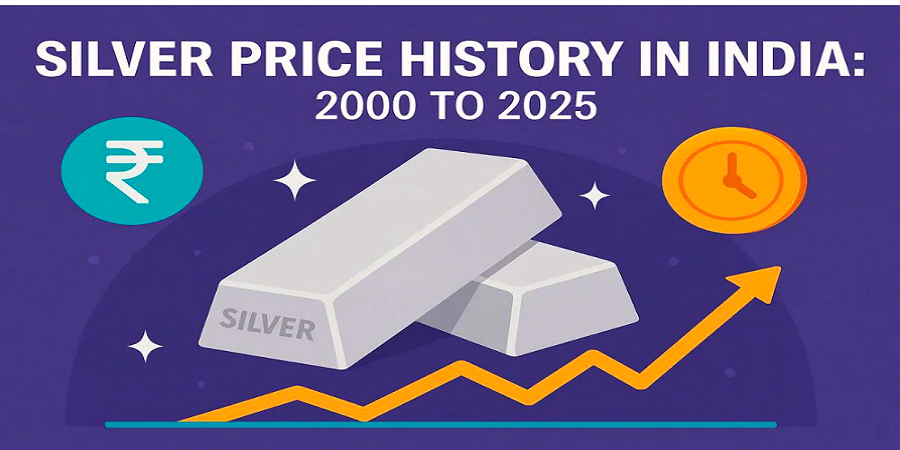Cabinet Approves Personal Data Protection Bills 2023: Safeguarding Digital Privacy
: In a significant move towards ensuring the privacy avacy in the Modern Erand security of individuals’ personal data, the Cabinet has given its seal of approval to the Personal Data Protection Bills 2023. This landmark legislation aims to establish a comprehensive framework to regulate the processing and use of personal data, addressing the challenges posed by the digital age. With the ever-increasing reliance on technology and the growing concerns over data breaches and misuse, the introduction of these bills marks a crucial step in safeguarding the rights and freedoms of citizens in the realm of cyberspace.
-
Key Objectives of the Personal Data Protection Bills 2023:
- The Personal Data Protection Bills 2023 have been designed with the following key objectives:
a. Protecting Individual Privacy: The bills aim to provide a robust legal foundation for protecting the privacy of individuals and their personal data, ensuring that their information remains secure from unauthorized access or usage.
b. Regulating Data Collection and Processing: The legislation seeks to impose stringent rules on the collection, processing, and storage of personal data by individuals, organizations, and government entities.
c. Empowering Data Subjects: By granting greater control to data subjects over their personal information, the bills allow individuals to access, modify, or delete their data as well as to have clearer consent mechanisms for data sharing.
d. Enforcing Accountability: The bills establish accountability measures for data processors and controllers, making them responsible for handling data ethically and legally, and imposing severe penalties for non-compliance.
-
Scope of Application: The Personal Data Protection Bills 2023
- apply to all entities that engage in the collection, processing, or storage of personal data. This includes public and private organizations, government agencies, and even individuals who control or process data on a substantial scale.
- Consent and Fair Usage: One of the fundamental pillars of the legislation is obtaining explicit consent from data subjects before processing their personal information. The bills emphasize the need for transparent and easily understandable consent forms, ensuring that individuals are aware of how their data will be used.
-
Data Protection Officer (DPO):
- Organizations processing significant amounts of personal data are required to appoint a Data Protection Officer (DPO). The DPO will be responsible for overseeing data protection practices, ensuring compliance, and acting as a point of contact for individuals and regulatory authorities.
-
Cross-Border Data Transfers:
- The bills address the complex issue of cross-border data transfers by stipulating that personal data can only be transferred to countries that provide an adequate level of data protection or through other specified safeguards.
-
Penalties for Non-Compliance:
- To deter violations and ensure the effectiveness of the legislation, severe penalties are imposed for non-compliance with the provisions of the Personal Data Protection Bills 2023. These penalties may include fines, sanctions, and even criminal liabilities for serious offenses.
Conclusion:
The approval of the Personal Data Protection Bills 2023 marks a pivotal moment in the realm of digital privacy and data security. By laying down a robust legal framework, these bills aim to protect individuals’ personal data, uphold their privacy rights, and instill a sense of responsibility among data processors and controllers. As the legislation comes into effect, it is expected to redefine the landscape of data handling practices, fostering a safer and more secure digital environment for all.










